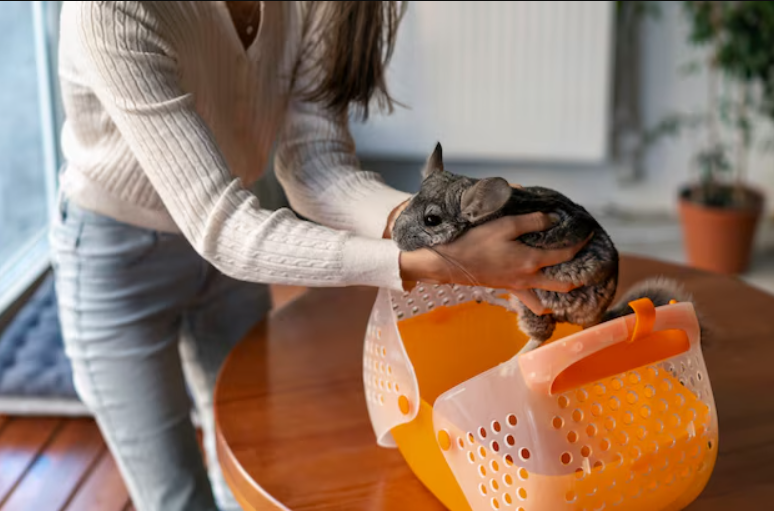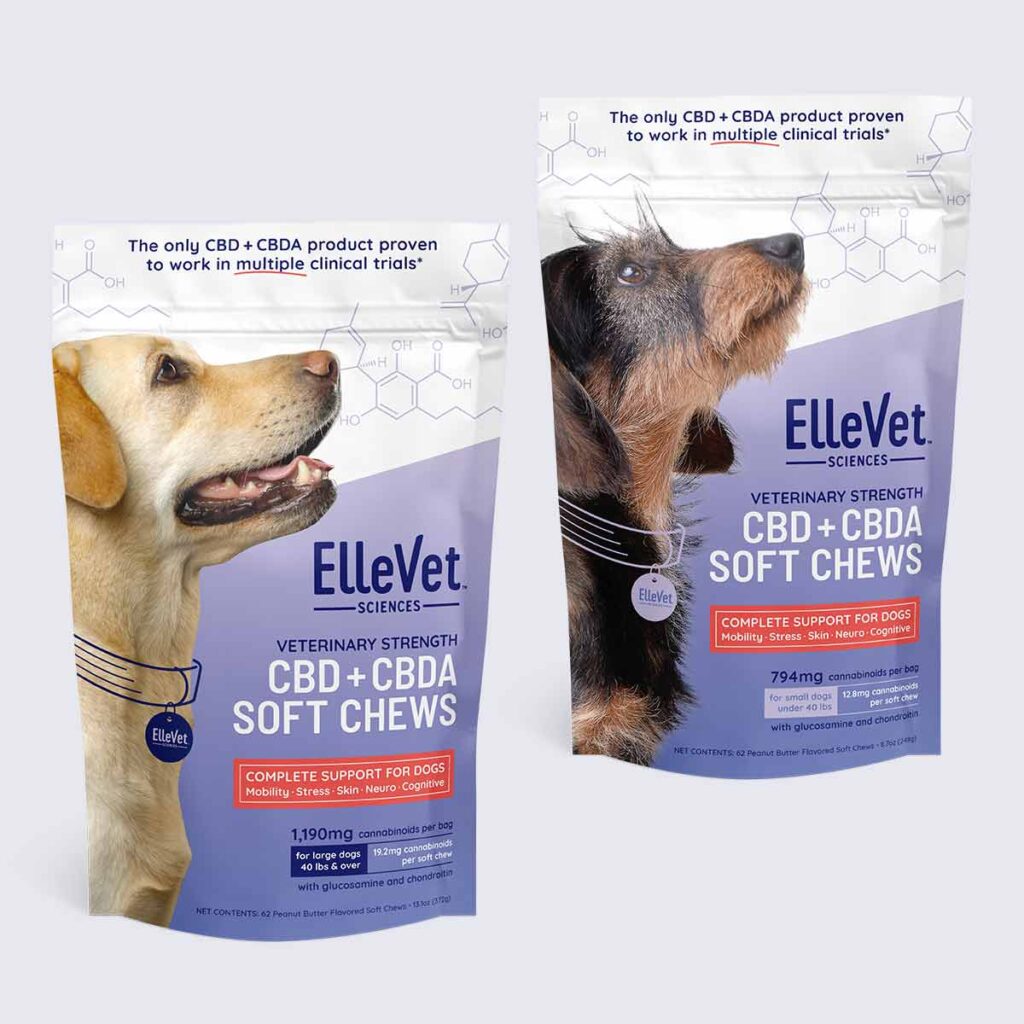When it comes to pet care, ensuring the safety and health of your furry friends is paramount. A question that often arises among cat owners is: can you use Avon wash on cats? While Avon products are popular for their fragrances and skincare benefits for humans, their use on animals, especially cats, is a subject that demands careful consideration. In this article, we will explore whether Avon wash is safe for cats, the potential risks, and the best alternatives for feline hygiene.
Understanding Avon Wash Products
Avon offers a variety of personal care products, including body washes and shampoos, designed for human use. These products often contain ingredients like fragrances, essential oils, and surfactants that cleanse and moisturize human skin. However, cats have different physiological needs and sensitivities, which means that products safe for humans may not necessarily be safe for them.
Before delving into whether you can use Avon wash on cats, let’s understand why it’s essential to differentiate between human and pet-specific products.
Can You Use Avon Wash on Cats? Key Considerations
The short answer is no, you should not use Avon wash on cats. While it might seem harmless to use a gentle human product on your cat, there are several reasons why this can be problematic:
1. Toxic Ingredients
Many Avon products contain fragrances and essential oils that are toxic to cats. For example, tea tree oil, commonly found in beauty products, can cause poisoning in cats even in small amounts. Cats lack certain liver enzymes required to metabolize these compounds, making them more susceptible to toxicity.
2. pH Imbalance
Human skin has a different pH level compared to feline skin. Human body washes, including Avon products, are formulated to match human pH levels, which are more acidic. Using these products on cats can disrupt their skin’s natural pH balance, leading to irritation, dryness, or even infections.
3. Risk of Ingestion
Cats are meticulous groomers, often licking their fur after being bathed. If traces of Avon wash remain on their coat, they may ingest harmful chemicals, which can lead to gastrointestinal upset, drooling, or worse—serious toxic reactions.
4. Skin Sensitivities
Cats have much more sensitive skin compared to humans. Ingredients that are mild for us can cause severe allergic reactions, including redness, itching, and rashes, in cats.
The Risks of Using Avon Wash on Cats
To understand the full scope of potential risks, let’s examine what can happen if you use Avon wash on cats:
- Poisoning: Certain ingredients can lead to toxicity, with symptoms such as vomiting, lethargy, and loss of appetite.
- Allergic Reactions: Skin irritations and allergies can cause discomfort and may require veterinary treatment.
- Long-term Health Issues: Regular exposure to inappropriate products can lead to chronic skin conditions or liver problems in cats.
Given these risks, it’s clear that Avon wash is not suitable for cats. But what are the alternatives?
Safe Alternatives for Cat Hygiene
If you’re looking for ways to keep your cat clean, there are numerous safe and effective products specifically designed for felines. Here are some recommendations:
1. Cat-Specific Shampoos
These shampoos are formulated to meet the unique needs of cats. They are free from harmful chemicals and maintain the appropriate pH balance for feline skin. Look for products labeled as hypoallergenic and fragrance-free.
2. Waterless Cat Shampoos
For cats that dread baths, waterless shampoos are an excellent option. These products come in sprays or foams that you can apply directly to your cat’s fur and then wipe off, leaving their coat clean and fresh.
3. Natural Remedies
If you prefer natural options, you can use diluted apple cider vinegar (in very small amounts) or a simple warm water rinse for minor cleanups. Always consult your vet before using any home remedies.
4. Regular Brushing
Cats are naturally self-cleaning animals. Regular brushing helps remove dirt, loose fur, and debris, reducing the need for baths.
How to Properly Bathe a Cat
If your cat needs a bath, it’s crucial to do it correctly to minimize stress and ensure their safety:
- Choose the Right Product: Always use a shampoo specifically designed for cats.
- Prepare the Bath Area: Use a sink or tub with a non-slip mat to keep your cat secure.
- Use Lukewarm Water: Cats are sensitive to temperature, so ensure the water is comfortably warm.
- Rinse Thoroughly: Make sure no shampoo residue is left on their coat.
- Dry Gently: Use a soft towel to pat your cat dry. Avoid using a hairdryer, as the noise and heat can scare them.
Common Myths About Cat Grooming
There are several misconceptions about cat hygiene that can lead to improper care. Let’s debunk a few:
- Myth: Cats don’t need baths because they groom themselves.
- Truth: While most cats keep themselves clean, occasional baths may be necessary for health reasons or if they get into something messy.
- Myth: Human shampoos are fine as long as they’re gentle.
- Truth: Even the gentlest human products can harm cats due to differences in skin composition and sensitivities.
- Myth: Natural products like essential oils are safe for cats.
- Truth: Many essential oils are toxic to cats and should be avoided entirely.
Final Thoughts: Can You Use Avon Wash on Cats?
In conclusion, can you use Avon wash on cats? The answer is a resounding no. While Avon products are excellent for human skincare, they are not designed with the safety and needs of cats in mind. Using such products on your feline companion can lead to serious health risks, from skin irritations to toxic reactions.
Instead, opt for cat-specific grooming products that prioritize their health and well-being. By choosing the right products and grooming techniques, you can ensure that your cat stays clean, comfortable, and safe.
Remember, when in doubt, always consult your veterinarian before using any new product on your pet. Your cat’s health and happiness depend on it.












